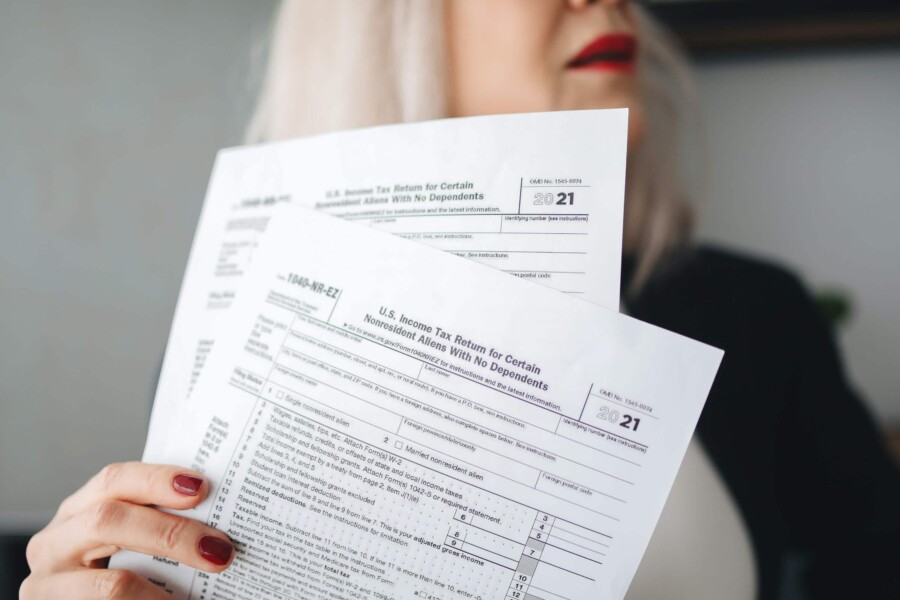read-time: 3 minutes
If your business imports or exports goods from the UK, you’ll need an EORI number. Since the UK left the European Union, the type of EORI number you need may have changed.
Read on to find out the EORI number meaning, if your business needs one, and how to apply.
What is an EORI number?
Businesses can only import and export physical goods if they have an EORI number (Economic Operator Registration and Identification)
Trading without one, may lead to delays and storage costs if HMRC can’t clear your goods.
The only exception to the rule is trade between Northern Ireland and Ireland. An EORI number isn’t necessary to buy and sell between these two countries.
Your EORI number will be 12 digits long, starting with ‘GB’. If you’re VAT registered, it’ll include your VAT registration number.
Before Brexit, British businesses only needed an EORI number if they were trading with countries outside of the EU. This is because the UK was part of a free trade area.
What is an EORI number used for?
An EORI number is used by customs to manage businesses that import or export physical goods to another country.
EORI numbers are used to:
- identify traders that import or export goods to other countries
- complete customs declarations and clearances
Does my business need an EORI number?
A business only needs an EORI number if it moves physical goods across borders. An EORI number isn’t needed if you sell services, such as accounting or consulting, to other countries.
Furthermore , there are no restrictions on company sizes. Whether you’re a sole trader, partnership, or limited company, you’ll need an EORI number if you import or export goods abroad.
If you already have an EORI number but it doesn’t start with GB, it’s likely you’ll need to apply for a new one. Meanwhile, if you’re sending goods to and from Northern Ireland, you may need an extra EORI number that begins with XI.
If you don’t have an EORI number and think you might need one, you can find out more here
How to apply for an EORI number
Applying for an EORI number only takes around 10 minutes. You can do it on the government website and you’ll need the following information:
- VAT number and effective date of registration (on your VAT registration certificate)
- National Insurance number (if you’re an individual or a sole trader)
- Unique Taxpayer Reference (UTR)
- business start date and Standard Industrial Classification (SIC) code (in the Companies House register)
- Government Gateway user ID and password
Your EORI number will be sent to you by email. You’ll usually get it instantly, but it can take up to three working days. You can check the status of your application on the government website.
How much does an EORI number cost?
It doesn’t cost anything to get an EORI number. However if you try to import or export goods without one, it could cost you a significant amount of money in storage fees.
The delays caused by not having the right EORI number can result in lost income for your business.
That’s why it makes sense to apply for an EORI number sooner rather than later if you think you need one, or you’re planning to import or export physical goods in the future.
Who We Are:
Swanson Reed is one of the UK’s leading R&D Tax Relief consultancies. We manage all facets of the SR&ED tax credit program, from claim preparation and audit compliance to claim disputes.
If you would like to find out more about how your business could benefit from R&D Tax Credit, contact a Swanson Reed R&D Tax Advisor today.






